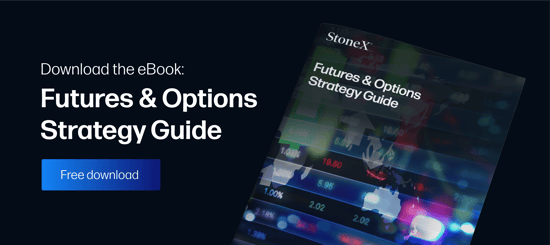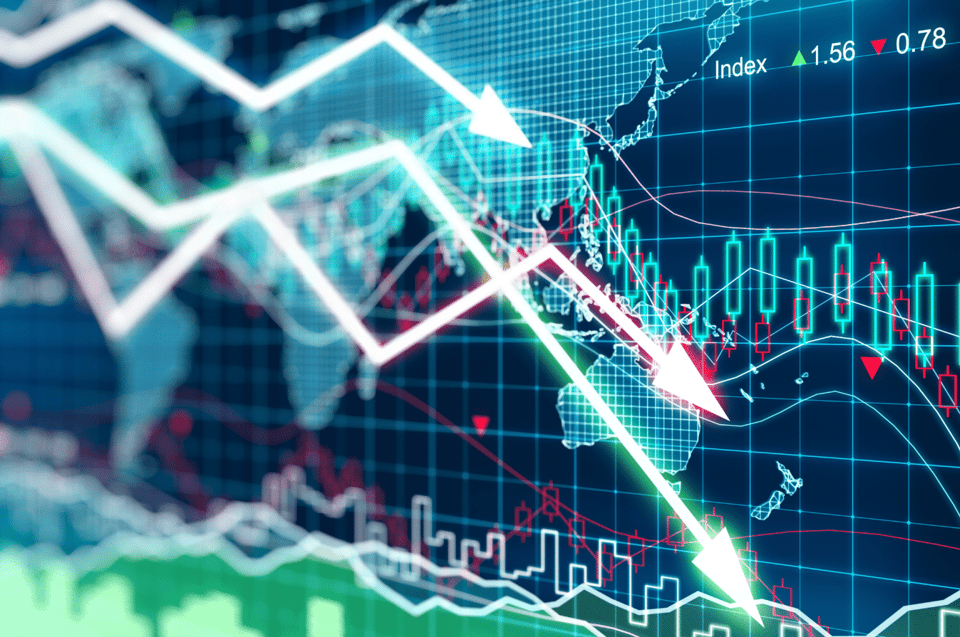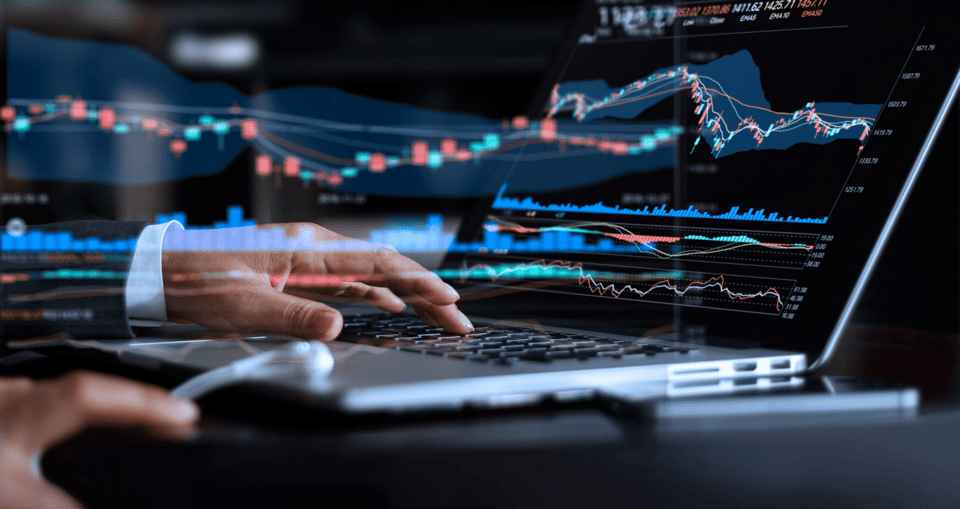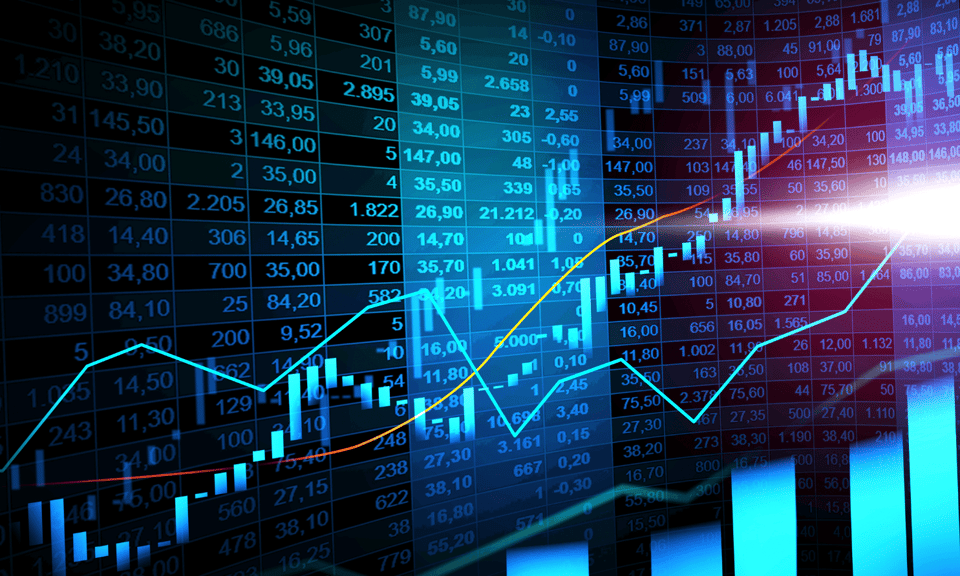In contrast to many other financial instruments, futures contracts are traded on a finite timeline. A futures contract may not be held in perpetuity because a predetermined expiration date limits its availability as a viable method of exchange.
Traders need be aware of two vital aspects of futures contract expiration: rollover and settlement.
What Is Rollover?
In futures trading, rollover is the practice of transitioning from a contract that is approaching expiration into one with a longer duration until its maturity. As the expiration date nears, traders and investors typically reduce exposure to the “front-month,” or expiring contract, in favor of open positions in the sequential “back-month,” or upcoming contract.
Each rollover period is unique, but several key dates governing its completion are listed in the contract’s specifications. The individual trader or investor has the responsibility to be aware of important calendar entries relevant to the specific futures contract being actively traded:
- first/last trading day
- settlement day
- first/last holding day
- first/last notice day
- first/last delivery day
Holding an open position of a front-month contract as expiration moves closer introduces several risks. A decrease in market participation due to rollover typically leads to fractional traded volumes between contracts and an overall reduction of liquidity. The result may be increased slippage and growth to the Bid/Ask spread.
In addition, the risk of sustaining costs associated with taking delivery of the contract’s underlying asset may serve as motivation to exit front-month contracts several trading sessions ahead of settlement.
What Is Settlement?
According to the U.S. Commodity Futures Trading Commission (CFTC), settlement is “the act of fulfilling the delivery requirements of a futures contract.” From the perspective of a trader or investor, it is the transaction’s method of payment.
There are two types of settlement:
- Physical Delivery: Physical delivery requires the contract holder to receive or produce the quantity of the underlying asset outlined in the contract specifications. Futures contracts involving grains, currencies, energies, and metals are a few instances of products settled through physical delivery. Costs and risks associated with settlement via physical delivery are substantial. Typically, futures market participants do not elect to take delivery unless they are involved in large-scale hedging practices or are institutional investors with an appetite for the asset’s physical acquisition. Example: An individual is actively trading Gold Futures (GC) on the CME Globex and holds one open GC contract into expiration. If it is a long position, the trader is required to take delivery and assume the cost of 100 troy ounces of gold. If the position is short, then the trader must produce 100 troy ounces of gold.
- Cash Settlement: Cash settlement is a simple debit or credit of a trader’s account reflecting the value of an outstanding position at contract expiration. Futures contracts based upon equities, indices, and some livestock are products that are financially settled. Example: An individual is actively trading the E-Mini NASDAQ 100 on the CME Globex and holds one contract into expiration. The trader entered the contract at a price of 5300 and it achieves a settlement price of 5390. If the position is long, the trade is in positive territory, and the account balance is credited for the $1,800 gain (90 index points @ $5.00 per ¼ point = $1,800). In the event that the trader is short the same position, the account is debited for the $1,800 loss
Any trades are educational examples only. They do not include commissions and fees.
Although cash-settled contracts are not subject to delivery risk, market participants still need to be aware of the expiration date and settlement procedures. If a trader or investor is interested in sustaining an active position to capitalize upon a long-term trend in pricing, then implementing a rollover strategy to an upcoming contract may be a suitable course of action.



